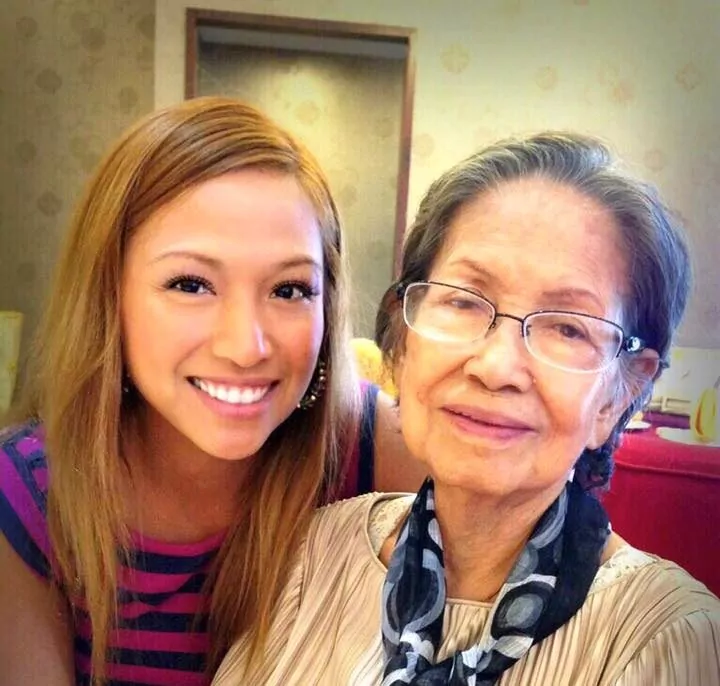 There are many reasons why you might be looking for a new doctor. You may have moved to another city, or your doctor could be retiring. Whatever the reason is, the following ideas can help you find a doctor who is right for you.
There are many reasons why you might be looking for a new doctor. You may have moved to another city, or your doctor could be retiring. Whatever the reason is, the following ideas can help you find a doctor who is right for you.
In This Article:
Types of Doctor
Finding A New Doctor
When Your Doctor Is No Longer Available
Things To Consider When Choosing A Doctor
Learning More About the New Doctor
Making A Good Choice
First Visit to Your New Doctor
For your primary care doctor, you might want a general or family practitioner, an internist, or a geriatrician
-
- General practitioners provide health care for a wide range of medical problems. They do not focus on any one area of medicine.
- Family practitioners are similar to general practitioners, with extra training on health care for all family members, regardless of age.
-
- Internists are doctors for adults. Some internists take additional training to become specialists. For example, cardiologists are internists who specialize in diseases of the heart.
- Geriatricians specialize in the care of older adults. A geriatrician is trained in family practice or internal medicine, but has additional training in caring for older people.
Once you have a sense of what kind of doctor you need, ask people you know about doctors they use and like:
- Friends
- coworkers
- Other health professionals
A doctor whose name comes up often might be a good one to try. It may help to have several names to choose from in case the doctor you select is not taking new patients or does not take part in your health insurance plan. If you need more help finding names of doctors, contact a local hospital or medical center, medical society, physician referral service, or nearby medical schools.
If you belong to a managed care plan, you can get a list of doctors from the plan’s membership services office. Keep in mind that our choices will be limited to the doctors who are part of the plan.
When Your Doctor Stops Seeing Patients
Often when a doctor leaves a medical practice, he or she can arrange for you to see another doctor who will have access to all your medical records. You should go for an office visit with the new doctor before deciding if you want him or her to be your physician.
Well trained and capable. A doctor who takes the time to know you well may be able to help you prevent some health problems and manage problems that do come up.
Once you have chosen two or three doctors, call their offices and talk to one of the office staff to get information about the doctor’s education and training. You can say:
“Before I make an appointment, I have some questions about the office and the practice. Can I speak to an office manager or a nurse?”
The office manager or nurse can tell you about:
- Office policies
- Standard insurance the office takes and whether or not they file the insurance claims for you
- Payment methods
- Hospitals where the doctor sends patients.
- Board certification. Board certified doctors have extra training after medical school to become specialists in a field of medicine such as family practice, internal medicine, or geriatrics.
- Communication. Because communication is important to good health care, you want a doctor who will listen carefully to your concerns, answer your questions, and explain things clearly and fully.
- Type of health insurance. Does the doctor accept Medicare? See the section on Medicare for more information.
- The location of the doctor’s office. Will it be easy for you to get there? Is there parking?
- Lab work. Will I need to go to another location for blood tests or are lab tests done in the doctor’s office?
- Group practice. If this is a group practice, who are the other doctors and what are their specialties?
- Coverage. Who sees patients for the doctor if he or she is out of town or not available?
How Do You Make a Good Choice?
Find out as much as you can about the doctor and the practice. Here are more questions you may want to ask the office staff:
- Does the doctor see many older patients?
- Does the doctor see patients who have many health problems?
- Does the doctor refer patients to other doctors for special problems?
- Does the doctor treat many patients with the same chronic health problem that I have (for example, diabetes)?
Before your visit:
After choosing a doctor, make your first medical appointment. Before going to the doctor’s office, write down any questions you may have. It’s a good idea to bring a list of your medicines. Include both prescription and over-the-counter drugs, even vitamins, supplements, and eye drops. The nurse is often the first person you’ll talk to in the office. The nurse usually takes your blood pressure and asks about your medications. If you’re having a problem with a medicine, the nurse will explain how to take it.
During your visit:
During your first visit, the doctor will probably take a medical history and ask questions about your health and the medical history of people in your family. The doctor will examine you. If you go to a new doctor, be sure to bring your past medical records or have them sent. Your former doctor may charge you for this service. Make a list of any drug allergies or serious drug reactions you’ve had.
During this visit take time to ask any questions you may still have about the doctor and the practice. It will be helpful to ask the doctor the following:
- Will you give me written instructions about my care?
- May I bring a family member (spouse, daughter, or son) to my office visits?
- Are you willing to talk with my family about my condition?
- Will you maintain my privacy if I ask you not to discuss my condition with anyone else?
After the visit :
After the meeting, ask yourself if you felt comfortable and confident with this doctor.
- Were you at ease asking questions?
- Did the doctor clearly answer your questions? If you are not sure, schedule a visit with one of the other doctors on your list.
Once you have found a doctor you like, your job is not finished. A good doctor-patient relationship is a partnership. Both you and your doctor need to work together to solve your medical problems and maintain your good health. Finding a doctor that suits your needs is an important first step. Good communication with the doctor and the office staff is key.
Updated: May 20, 2019
Related Articles:
When To Consult A Geriatrician
How Seniors Can Avoid Getting Sick
Ways To Avoid The Flu
Other SeniorCareHomes.com Helpful Links:
Catharine “Kate” is a Certified Administrator for Residential Care Facilities for the Elderly (RCFE) and an Expert Senior Care Advisor. Kate’s grandmother battled Alzheimer’s Disease and Kate personally understands what millions of families are going through. Kate and her team are very passionate in empowering Seniors and their families by providing them with the Best Available Senior Care Options based on Senior’s care needs, preferred location and family’s budget.


